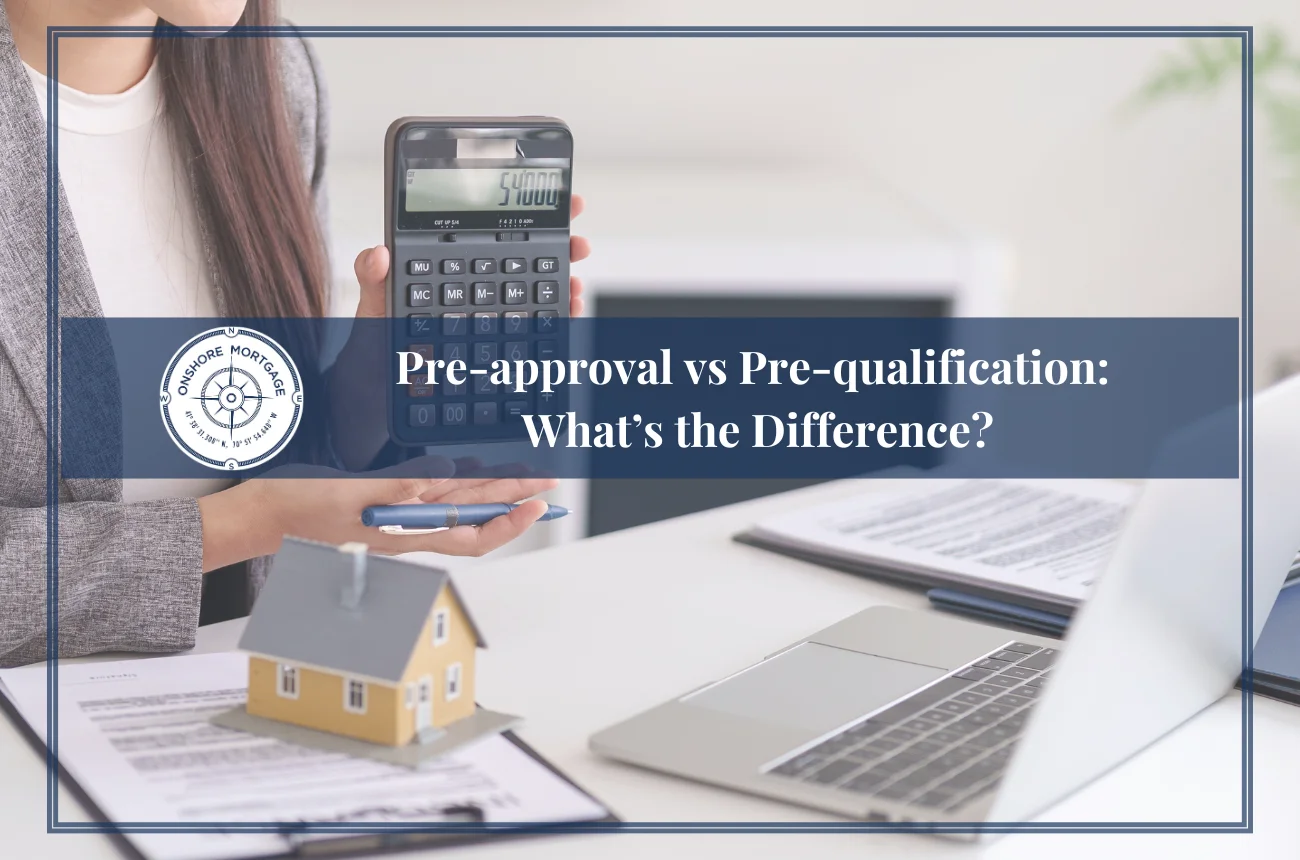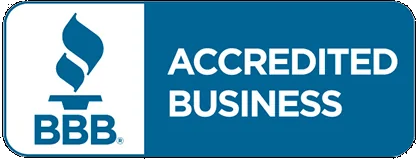

Key Factors to Consider Before Buying a Flipped Home
Thinking about buying a flipped home? Learn how to avoid risks, research properly, and understand mortgage rules for a smooth and successful purchase.
In recent years, house flipping has become a popular trend for those seeking to enter the real estate industry by purchasing distressed homes at a lower cost and selling them for a profit. The concept of house flipping involves purchasing these properties and breathing new life into them through strategic renovations and enhancements, ultimately aiming to unlock their true potential and sell them for a profit. This exciting and dynamic process has gained significant attention, thanks to popular television shows that showcase these captivating home transformations. While the prospect of house flipping and the potential for impressive returns is enticing for the seller, it's important to approach your decision to invest in a flipped property with a well-informed perspective. There are several crucial factors to consider when evaluating a flipped home, beyond its initial visual appeal and surface-level charm.
Pros of Buying a Flipped Home:
- Trendy Designs and Modern Amenities: Flipped homes often showcase the latest design styles and come equipped with brand-new appliances. These properties combine the charm of older or historic exteriors with the comfort of contemporary decor and technology. Consequently, many flipped homes are move-in ready, requiring minimal or no renovation work on your part as a new buyer.
Cons of Buying a Flipped Home:
- Hidden Issues: Flipped properties can carry a higher level of risk. While they may appear flawless on the surface, it's crucial to ensure that the improvements aren't merely cosmetic. Some flippers may prioritize superficial fixes to save time and money, neglecting important aspects like electrical and plumbing work. Cutting corners in these areas can lead to problems post-purchase and even pose safety hazards. Flipping a home often requires significant renovations, which may require permits from the local building department. It's essential to verify that the flipper obtained all necessary permits and that the work complies with local building codes to avoid costly future corrections.
Key Considerations When Purchasing a Flipped Home:
- Review Property and Seller History: You can determine whether a home has been flipped by examining its history. County assessor's office records and popular online real estate listing sites provide information about the property's sale history. If it was recently purchased, it's likely it has been flipped. It is also important to do some research on the company or individual who did the renovations. Look for reviews and ratings online, and ask for references from past clients
- Inspect The Home Thoroughly: During a home tour, whether you suspect it's a flip or not, keep an eye out for potential signs. Check for flaws in the flooring and any areas where paint seems unusual or new, as it might be hiding underlying issues. Sloppy paintwork can also be a red flag, indicating potential carelessness in other aspects of the renovation. Examine cabinets, drawers, and doors to ensure they function smoothly and don't collide with anything when opened. Overall, look for signs of poor workmanship.
- Seek Professional Inspection: Even if the flipper claims to have done a thorough renovation, it's always a good idea to have a professional home inspector take a look. They can identify any hidden issues that may not be immediately apparent and can give you an idea of any future maintenance or repair costs. These trained professionals are skilled at identifying hidden problems and red flags that might go unnoticed by the average buyer. Investing in a home inspection is a smart move to uncover any issues before committing to your home purchase.
Mortgage Loan Types and Guidelines Regarding a Flipped Home:
When it comes to purchasing a flipped home within 90 days of its seller's acquisition, it's essential to understand how different types of mortgage loans, such as Conventional, FHA, and VA loans, can impact your buying process.
- Conventional Loans: Conventional loans stand out as a favored choice among homebuyers due to their flexibility and relatively fewer restrictions when it comes to flipped properties. What sets conventional loans apart is the absence of a waiting period imposed by most lenders before they are willing to finance the purchase of a flipped home. This distinctive feature provides borrowers with the valuable opportunity to acquire a recently renovated property without delay. The lack of a waiting period means that if you've found a flipped home that aligns with your needs and budget, you can proceed with securing a conventional mortgage immediately. This can be particularly important in competitive real estate markets, where quick action can make all the difference in securing the home of your dreams. Additionally, conventional loans often offer a wide range of terms and down payment options, providing borrowers with greater flexibility in tailoring their financing to suit their unique needs and financial circumstances.
- FHA Loans: FHA loans are government-backed loans designed to help buyers with lower down payments and credit scores. While FHA loans can be a great option for many homebuyers, they have strict rules regarding flipped properties. One of the notable features of FHA loans is their "anti-flipping" rule. This rule stipulates that FHA financing is generally unavailable for homes that have been resold within 90 days of the seller's acquisition. This regulation aims to prevent speculative flipping, where properties are rapidly bought and sold at inflated prices, potentially leading to inflated values and predatory practices in the real estate market. Under the anti-flipping rule, the FHA will not insure a mortgage on a property that has been sold within the past 90 days by the seller. Additionally, if between 90-180 days of purchase the sales price of the property is more than 20% higher than the seller's acquisition cost, the FHA will require additional documentation and a second appraisal to verify the value of the property. The goal of this rule is to prevent "property flipping" fraud, which can harm both borrowers and lenders. By ensuring that properties meet certain quality standards and have been owned by the seller for a certain period of time, the FHA is protecting borrowers from purchasing overpriced or low-quality properties, and protecting lenders from loan defaults. However, it's important to note that there are exceptions to this rule. For instance, if the seller acquired the property through an inheritance or as a result of a divorce, the 90-day restriction may not apply. These exceptions are designed to accommodate unique circumstances and ensure that genuine homebuyers are not unfairly limited in their financing options.
- VA Loans: VA loans are a fantastic option for eligible veterans and active-duty service members, offering favorable terms and benefits. When it comes to flipped properties, VA loans are typically more flexible than FHA loans. While there isn't a specific 90-day restriction for VA loans, the property must meet the VA's Minimum Property Requirements (MPRs), ensuring it is safe, sound, and sanitary. This means that even though there may not be a strict time limit, the property must still meet specific standards. It's advisable to consult with a Mortgage Broker experienced in VA loans to determine whether a flipped property is eligible and how to navigate the process.
In conclusion, while flipped homes can offer enticing aesthetics and modern conveniences, it's crucial to approach the purchase with caution. By conducting due diligence, reviewing property and seller history, as well as enlisting the expertise of a qualified home inspector, you can protect yourself from the potential pitfalls of buying a poorly flipped property. If you're considering buying a home, don't hesitate to reach out to one of our experienced Loan Officers to explore your mortgage options today!

Latest Posts


Grant R. Menard MLO NMLS# 17308
CLICK HERE
Onshore Mortgage

Massachusetts Division of Banks NMLS#MB1995582
CLICK HERE
The information contained in this site has been prepared by an independent third party and is distributed for educational purposes only. This is designed to give helpful tips on the mortgage process and is not intended to give legal advice.
Information is considered reliable but not guaranteed. This is not a pre-qualification, pre-approval, loan approval or commitment to lend. We arrange but do not make loans.

.webp)
.webp)
